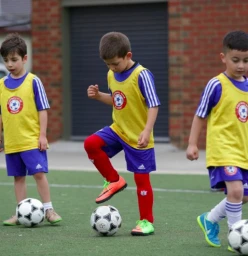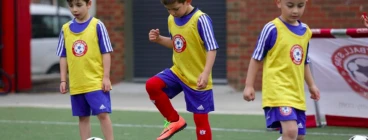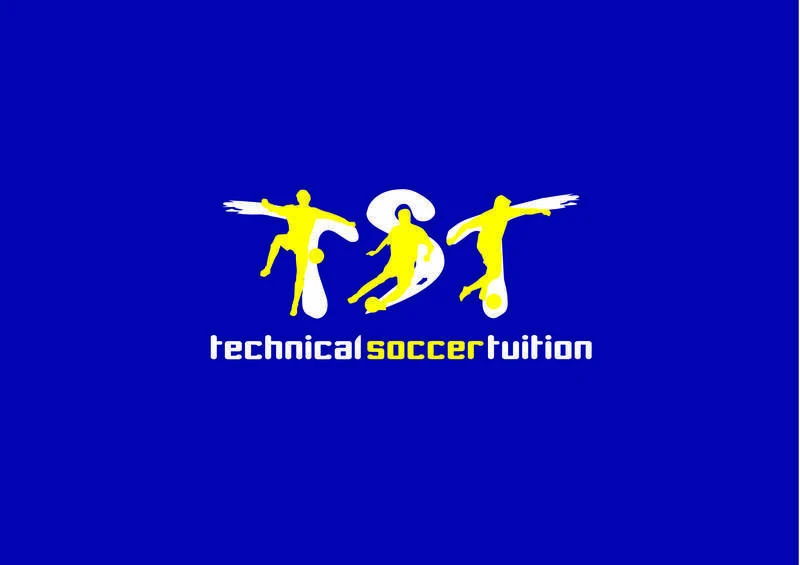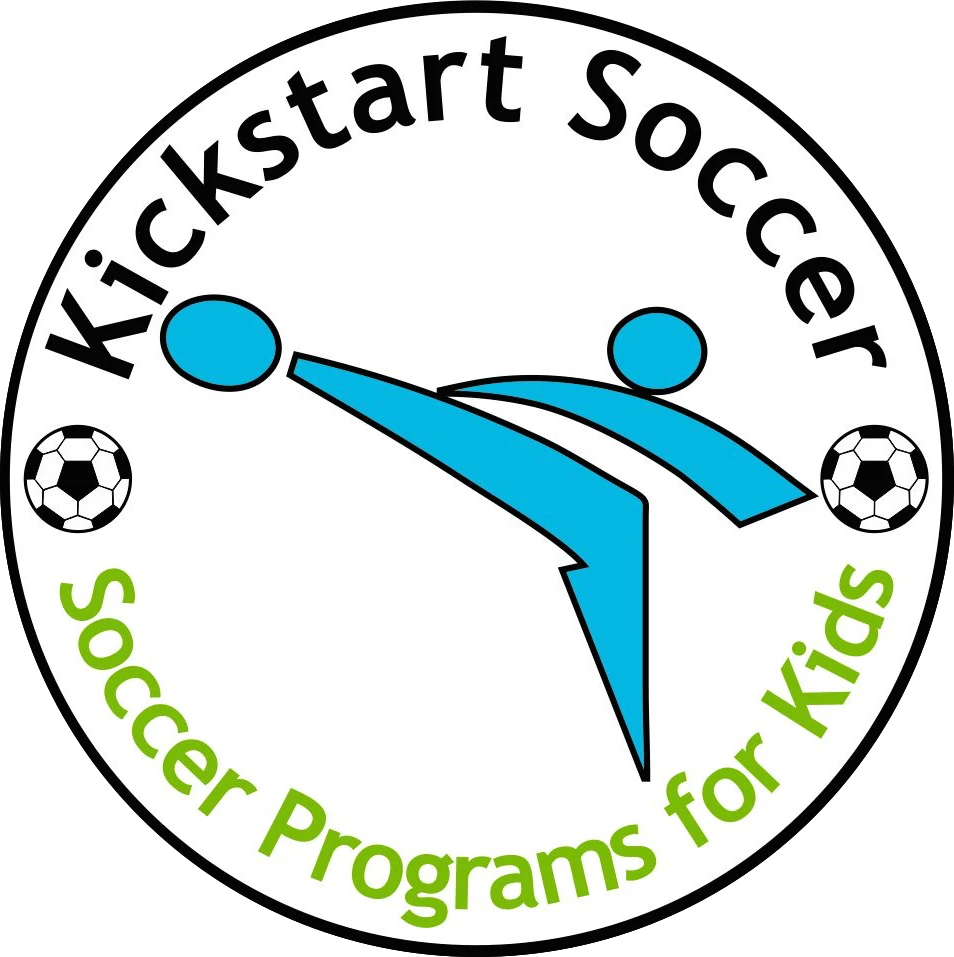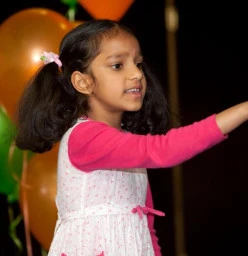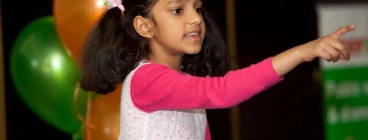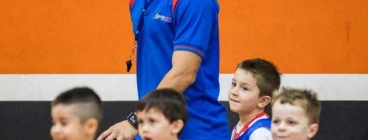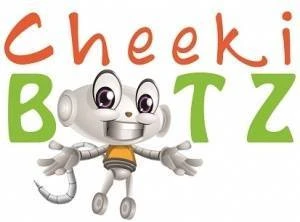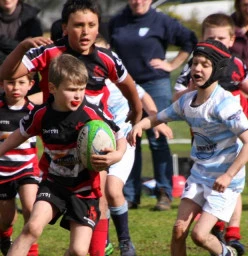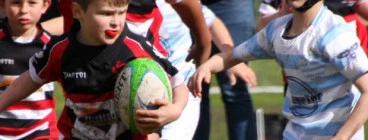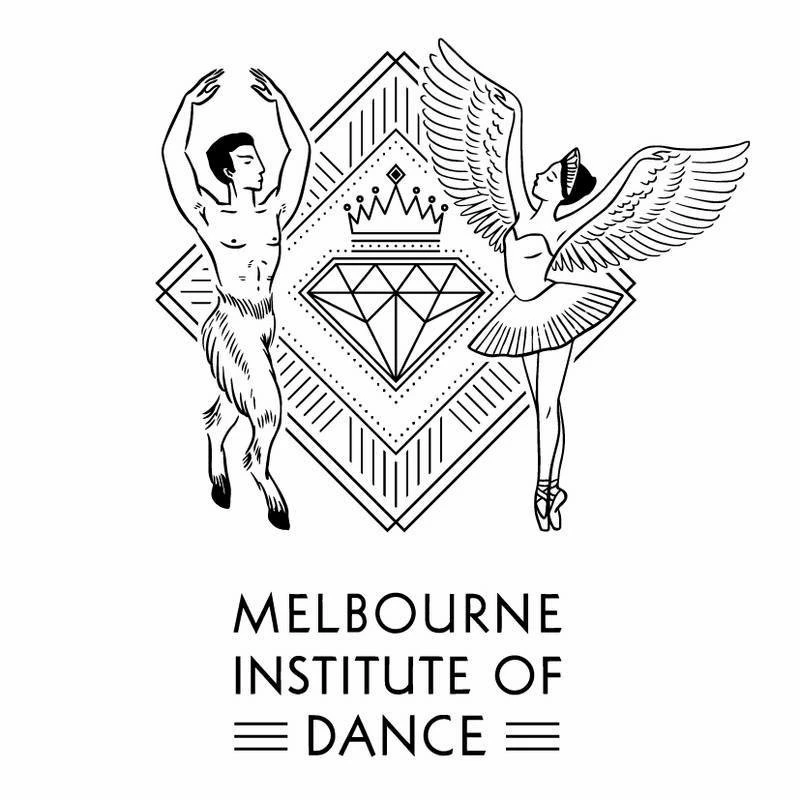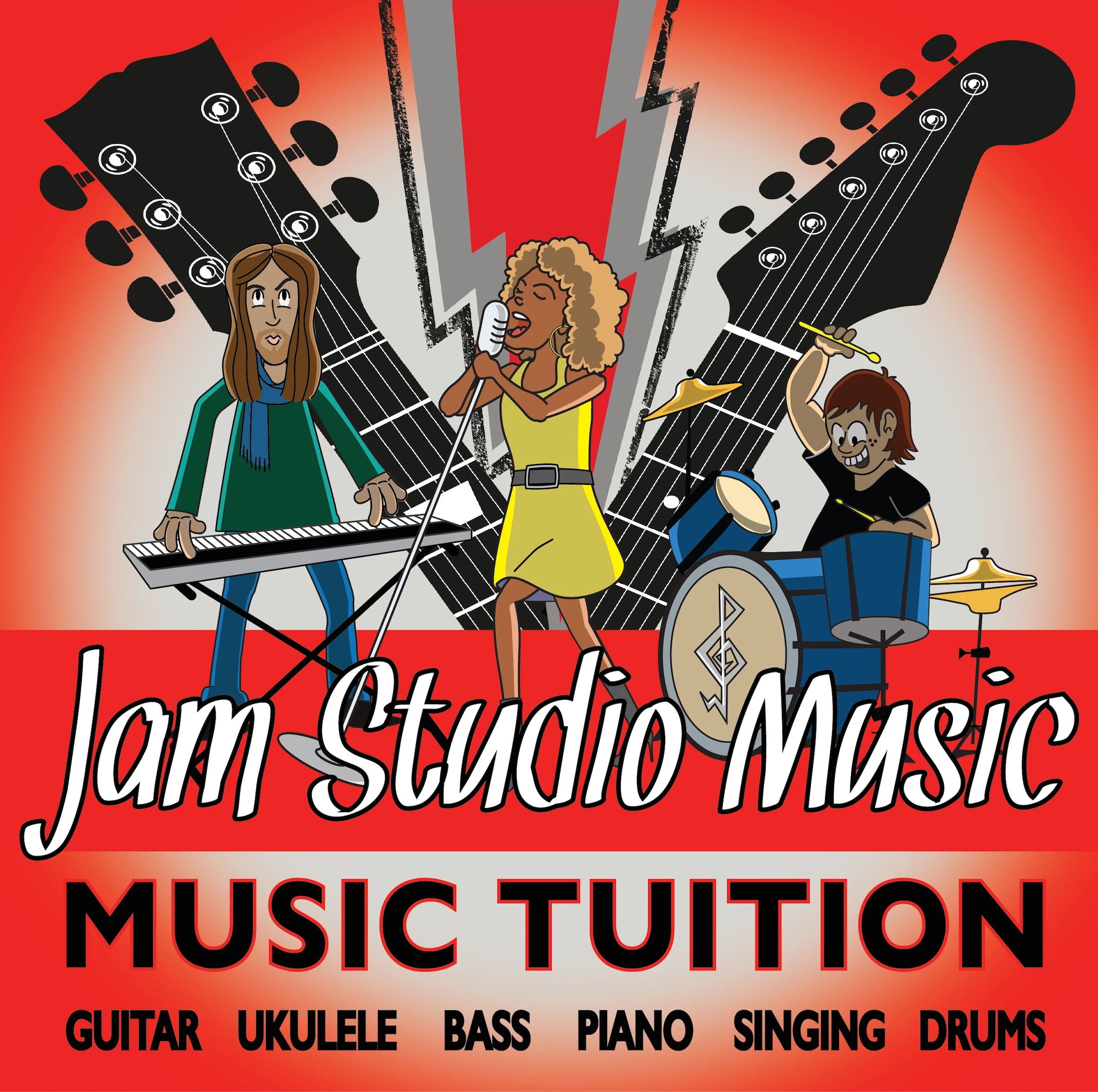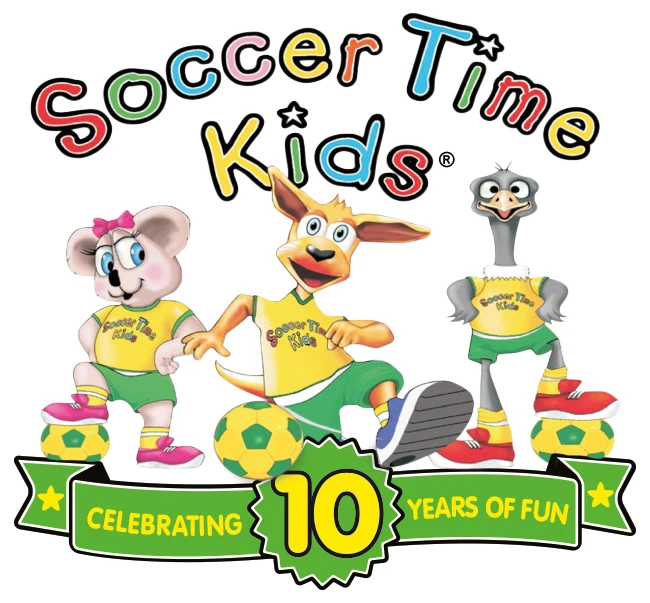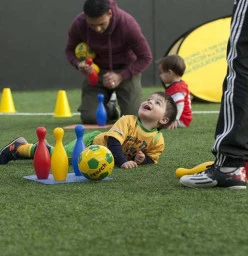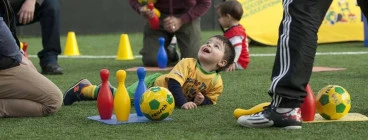- P.O Box 2210, Templestowe Lower, VIC
- 5-10 km from Glen Iris
- Business can travel to you
- Awards: #14 Most Popular in North East Melbourne for 2023
Farm Stays - Glen Iris (3146)
Eastern Melbourne, the Melbourne Region, Victoria (VIC)
No exact matches found within 20km.
Other businesses in and around Glen Iris (within 20km)
Soccajoeys is Australia's leading soccer program for boys and girls aged 2.5 to 11 years. Soccajoeys programs are aimed at introducing kids to the early learning principles of soccer along with increasing their physical and social development. Junior soccer enthusiasts experience this soccer program in an indoor environment, using toddler safe equipment whilst being facilitated by licensed professionals. Our Coaches at Soccajoeys show genuine care and passionate interest for the children and... Read more
Free Soccer Class
Validity: from 13 Oct 2022 to 30 Jun 2027
We are offering new players a free soccer session. Please apply for this offer and we will then contact you to book your session in. Thanks,
Our goal is to open up kids creativity through the process of making videos. Your kids will gain experience and an understanding of how movies work. Through this fun process, they will become empowered creators. How it works? Simple, we make amoviefrom A to Z! Storytelling, filming, directing, acting, VFX,audio, clapper,light. ... At theendof the workshop, Our team will take the time to edit the movie and will make sure to share the processthrough our socials The Movie When the movie... Read more
We run classes from CLIFTON HILL and KEW (Victoria) For aspiring actors and for those who require recreational classes. ASPIRING ACTORS Drama With A Difference caters for aspiring actors and has assisted many young people with entry into the profession. Our students have appeared in major roles in Film, TV and Theatre. Our staff are professional theatre, film and TV practitioners. The director of the school, Michele Williams, is a trained classical actor... Read more
Did you know one the best kept secrets in football development is on your doorstep? TST has been running for about 15 years and we have helped players of all levels improve. We start with U6s who are just beginning their journey, to 18 year olds who are preparing for trials in Europe. In 2018 of the 200 Australians playing abroad, 6 had gone through TST at some point during their development year. We have worked players who have gone on to be full internationals, professionals, semi professionals... Read more
Kickstart Soccer Programs for Kids Ages 3-8 yrs Our programs are for boys and girls with and without experience playing soccer. We split ages into groups: 3-5 years and 6-8 years, focusing on basic ball skills, building kids connection to the ball and above all, develop confidence whilst having fun. These groups will have a gentle introduction to enjoying game time. Sessions run for 45mins 1 hr depending on the group capacity. Ages 9-12 yrs These older groups have an emphasis on foot... Read more
Learnmate is a trusted marketplace that helps connect individuals all over Australia with quality tutors who want to share their skills, knowledge and experience. Learnmate's tutors are the go-to for individuals and families all across Australia, including: - parents and students looking for personalised school tutoring support (from as young as ELC to Year 12) - professionals looking for business or life coaching, and - individuals or groups looking to learn a new language, instrument or skill... Read more
Super Speak is Melbourne's leading public speaking & communication skills program helps children aged 6-14 become more confident, creative & capable communicators for life. Weekly group classes are held at 17 venues across Melbourne. Our award-winning curriculum combines a unique mix of public speaking, presentation skills and practical drama. We teach children to communicate more confidently & effectively for AND speaking occasions. Our students develop a broad range of skills including... Read more
Pink Girly Parties We know that all girls love to feel pampered by putting on make-up, dressing up and doing ‘girly’ things either as a way to socialise or celebrate a special occasion. This is why Pink Pamper Parties caters to girls of all ages and provide the best quality of children’s birthday parties. The experienced therapists at Pink Pamper parties rate amongst the best in the industry for providing the best services. If you are planning a girl’s birthday party or would just like... Read more
Surrey Park Swimming Club was established in 1904 and is one of the oldest swimming clubs in Australia. Surrey Park Swimming offers a comprehensive and progressive learn to swim program. We pride ourselves on providing the opportunity for all swimmers to develop to their maximum potential. Our swim school caters to all ages and abilities from 6 months to adults and both competitive and recreational squads. All swimming programs are designed to introduce the four competitive swimming strokes... Read more
AFROBEAT - Interactive Drumming - ELC & School Incursions, workshops and interactive shows! Afrobeat for Kids is colourful, FUN, educational, and inclusive! Afrobeat for Kids captures the imagination of its young audiences while inspiring cultural awareness, diversity, team spirit, and connection through African drumming and dance. We get kids up and moving, shaking, call and response chanting, clapping, moving and drumming to the beat of Africa! Its an exciting opportunity to ditch the role of spectator,... Read more
Soccajoeys is Australia's leading soccer program for boys and girls aged 2.5 to 11 years. Soccajoeys programs are aimed at introducing kids to the early learning principles of soccer along with increasing their physical and social development. Junior soccer enthusiasts experience this soccer program in an indoor environment, using toddler safe equipment whilst being facilitated by licensed professionals. Our Coaches at Soccajoeys show genuine care and passionate interest for the children and... Read more
Experience Melbourne's most dynamic Performing Arts School. Based in Alphington and Fairfield, we offer classes in Hip hop, Jazz, Ballet, Pointe, Singing and Musical Theatre for bubs to adults. We are a welcoming community who go the extra mile to care for our members. Our teachers are of the highest calibre. Not only are they personable, caring and outstanding coaches, but are also current performers, choreographers, producers and composers in the professional industry. Our students love our... Read more
Ladder Art Space is a place of growth and vitality, where the significance and importance of art is brought to life. With a simple and reflective philosophy that art is important to the quality of life, Ladder Art Space is an active and living destination, providing platforms where we can all move up together. Residing in at the heart of Kew, Ladder Art Space offers a rich program of exhibitions, workshops and art classes in a multiplatform site, Ladder Art Space offers several newly renovated... Read more
The Eastern Lions are an NPL Soccer Club based in Burwood Victoria. The club's Senior Men's Team compete in the NPL2. Our Junior section is comprised of boys and girls from ages 5 to 18 that compete at a variety of levels within the Football Federation of Victoria. We have top-notch facilities and highly qualified coaches that help nurture budding soccer players in the community. Throughout the year, the club conducts a number of programs suitable to all levels of players, the Little Rookies... Read more
Learn singing in a nurturing and supportive environment. Great for kids to adults from beginners to advance! Specialising in contemporary singing, lessons will help you learn your favourite songs and to find your authentic voice! Lessons will focus on technique, confidence, expression, creativity and tone. Why train in the IVA (Institute for Vocal Advancement) technique? - Build healthy singing habits that will help your voice last - Based on latest vocal science - Improve range, stamina and... Read more
Try Rhythmic Gymnastics for Free
Trial lessons - Join us for first free trial class, visit website and register via Free Trial Class form, you can also Call us or send email.
We are a newly opened Play Centre named Cheeki Botz located at 1/19 Clarinda Rd, Oakleigh South, featuring a jungle theme indoor playscape and games of yester-years. We are opening up our "Build & Play" area to enhance awareness of applications on technology thru fun BLT (Build, Learn, Test). Our birthday packages are exceptional ! A perfect fun learning centre to build up your childrens' motor skills, while having hours of fun and friendly competitions. Our centre guide will be delighted to assist!... Read more
Free trial class
A free trial class is available to determine if you would like to continue with our classes. We hope you enjoy our lessons.
Karate & Self- Defence for Children - Teens - Adults. FREE Introductory Class WELCOME TO SENDAI KARATE CLUB Your Family Martial Arts Centre For Fitness, Fun And Self-Defence Bettering Families Through Martial Arts Sendai Karate Club is a family orientated Karate Academy, where target specific goals are achieved by implementing both Traditional and Sport aspects of Shitō-Ryū... Read more
Who: Girls & boys aged 4-15 as of 1 January in the year they want to play What: Junior Touch and Tackle Rugby Union, in fun, encouraging, welcoming environment When: Summer Season 2020/2021 starts Sat Nov 7: see hawthorntouch7s.com | Winter Season Games Saturday, training Tuesday, starts April, pre-season training starts Feb/March more details on our website Where: Feb/March we play at Anderson Park, East Hawthorn April- Sept: We train at Highfield Park, Camberwell (South oval) and play... Read more
We will nurture your passion for dance - one step at a time! Located in Melbourne's inner eastern suburbs, Melbourne Institute of Dance offers classical ballet and contemporary dance for all ages Either pursuing a career in dance or simply wanting to express yourself through artistic holistic movement - our dedicated team understands what it takes to maximize your potential. We understand the expectations and demands of classical ballet in the 21st century. Taking the best elements from our predecessors,... Read more
MOTOWN music school is a vibrant, creative and cozy place to learn to play music. Our teachers focus on what is important to you - the individual student. This way, all students can learn the music they love to play. Rock, Pop, Blues, Funk, Jazz, or Classical. Whatever your music, we have a teacher for you. Our program is well rounded and balanced, using: theory, instrumental technique, ear training, reading and history, to allow you to achieve your individual goals. MOTOWN music school... Read more
The ultimate pampering experience for your kid's birthday parties. Located in Glenferrie Road Malvern, Studio Royale is the perfect choice for a spa party venue. We offer a special and unique treatment for your child and all of their friends. This will be a memorable and pampered experience that they cannot and will not forget! With our stunning wonderland of a venue, our party enhancements, special packages and glam pink door, you will feel like a princess from the moment you enter. As the... Read more
Rugby Union is a team sport suitable for players of all shapes and sizes. It is an international sport and played all over the world. The National men's team is the Wallabies and the women's team is the Wallaroos. The Melbourne Rugby Union Football Club, home of the mighty Unicorns, offers a well-run family oriented Junior programme. Based on the Rugby Australia model - juniors play a modified game appropriate for each age group to develop skills and have fun. Rugby has a strong focus on the... Read more
We offer music instruction for all ages and abilities from hobbyist to professional. You will Grow as a artist with us and be inspired by our school to reach your goals. Have fun with our unique teaching approach where you will be motivated to learn more, excel and build confidence. Our teachers are all great mentors and real musicians and will guide you through your music journey. Parents we would like you to know that we provide a safe environment for children and have extra security in place... Read more
At Jam Studio Music we've been delivering great times with learning tailored to you since 2012. Over the years we've had hundreds of people through the door with lots of fantastic success stories along the way. With fun, engaging and energetic champion teachers, we aim to provide clear and easy to understand lessons whilst also focusing on the students own direction. If youre a total beginner with no experience or a seasoned performer who's looking to sharpen up some rough edges of your playing,... Read more
Dance classes in all styles! At AM Dance Company, we teach the children so much more than just dance - they develop qualities that they can take into all areas of their life such as commitment and dedication and will form friendships that will last a life time. AMDC is an inclusive community that develops high quality technique and performance skills alongside a fun and social environment. With regular studio social events throughout the year, AMDC is a community where everyone is welcome! We... Read more
Soccer Time Kids provides soccer defined physical play programmes for children from one to five years of age. We endeavour to provide the basic fundamentals of ball use. The Soccer Time Kids equipment is specially selected to improve the motor skills of children with fun being the key. The activities taught will develop the child's sense of balance, dexterity and co-ordination. The Soccer Time Kids sessions feature skilled/highly experienced coaches as well as parental participation and are... Read more
We offer classes for kids as young as 3 years old in Freestyle Goju Karate Do, MMA-Mixed Martial Arts, Muay Thai Boran Kickboxing & Boxing. Why should I join the All Stars Martial Arts Academy ? We have specialist instructors.We are family orientated academy ready to help at every level. We dont just teach martial arts, we provide students individual care and training. We mentor young minds and old ones too in and out of the dojo. We treat you like family not a number. “Blood makes us related... Read more




